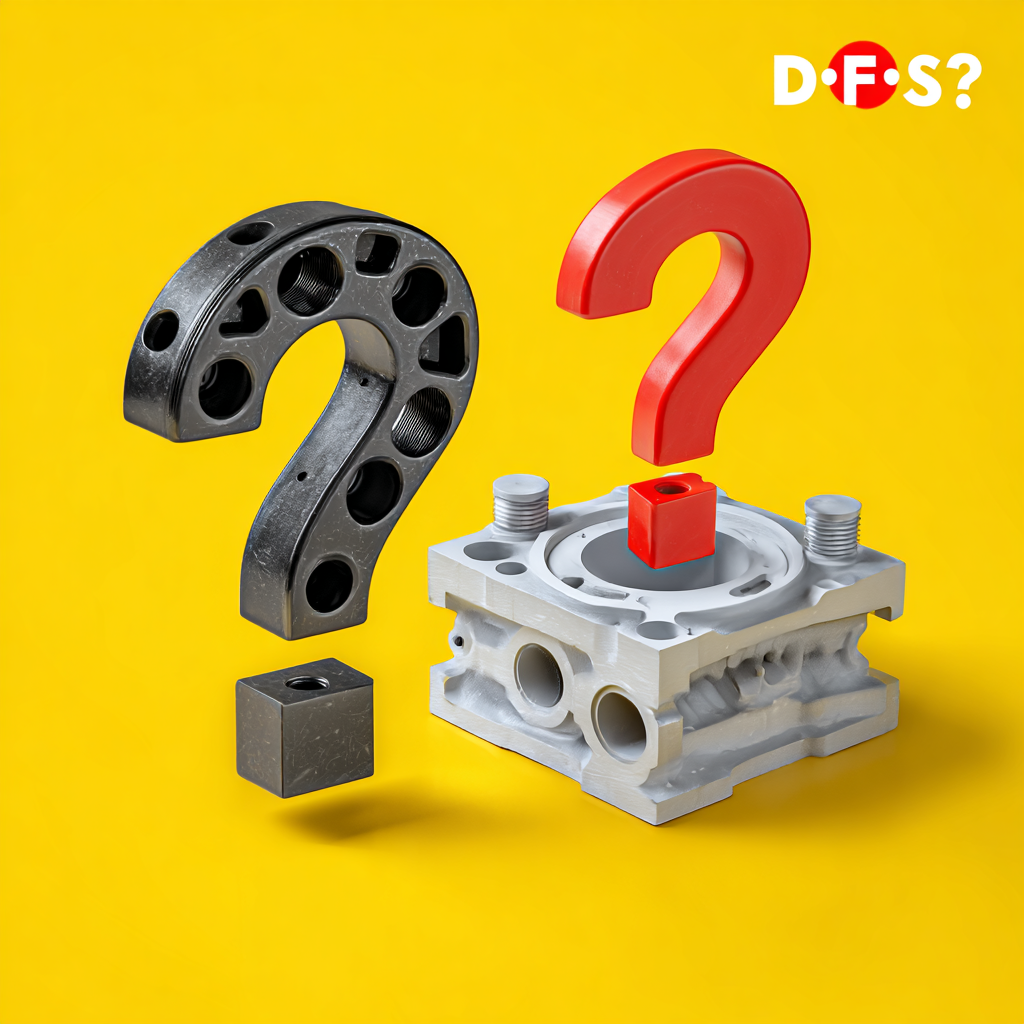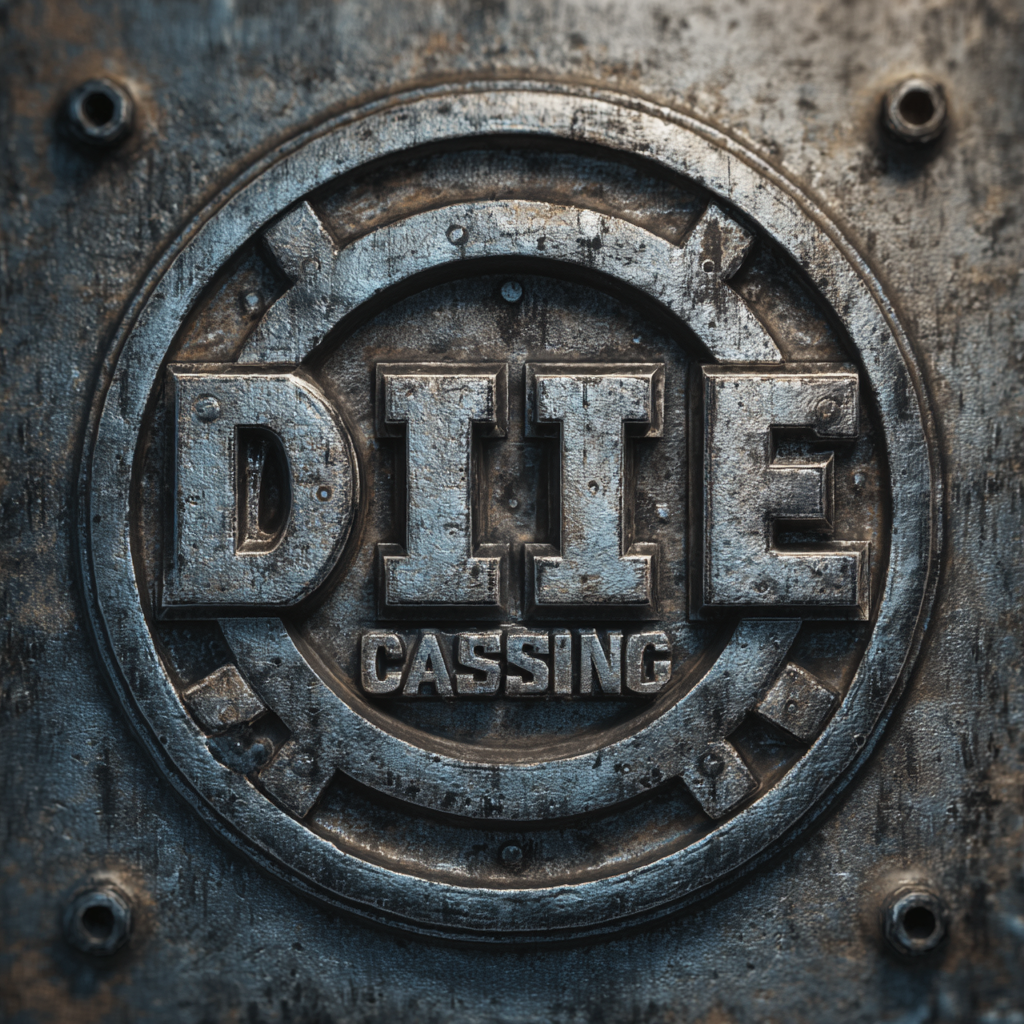How to Identify the Top 5 Best Die Casting Manufacturers for Your Next Project
In today's competitive manufacturing landscape, selecting the right die casting partner can significantly impact the success of your projects. According to a recent report by MarketsandMarkets, the global die casting market is projected to reach USD 88.9 billion by 2026, growing at a CAGR of 7.3% from 2021. This growth is driven by the increasing demand for lightweight materials in automotive and aerospace applications.
With the rising complexity of designs and production requirements, it’s critical to identify top die casting manufacturers that not only offer advanced technology but also align with your project’s specific needs. By understanding key factors such as production capabilities, quality assurance standards, and customer service, businesses can make informed decisions that enhance product performance and overall project efficiency.
In this blog, we will explore how to pinpoint the top five die casting manufacturers suitable for your next project, ensuring you meet both quality and delivery expectations.
Understanding the Importance of Selecting Quality Die Casting Manufacturers
When embarking on a new project, the significance of selecting
quality die casting manufacturers cannot be overstated.
According to a recent market analysis by Mordor Intelligence, the global die casting market is expected to reach
USD 75.72 billion by 2026, growing at a CAGR of 6.01% from 2021 to 2026.
This growth underscores the increasing reliance on high-quality die casting components across various industries, including
automotive, aerospace, and
consumer electronics.
Quality manufacturers not only provide superior products but also contribute to
cost efficiency through reduced material wastage and enhanced production timelines.

Choosing the right die casting partner involves more than just price comparisons.
A report from Market Research Future indicates that poor-quality die castings can lead to
an increase in production failures, resulting in additional costs that can escalate to
20% of the total project budget due to rework or part replacements.
Thus, it’s critical for engineers and project managers to assess potential suppliers based on
their experience,
production capabilities, and adherence to industry standards
such as ISO 9001.
By prioritizing quality, businesses can mitigate risks and ensure the long-term success of their projects.
Key Factors to Evaluate When Choosing a Die Casting Supplier
When selecting a die casting supplier, it's essential to consider several key factors that can significantly impact your project's success. First, assess the manufacturer’s expertise in Near Net Shape (NNS) processes. This emerging methodology allows for greater efficiency and precision in die casting, ensuring that the final product closely matches the desired specifications with minimal waste. Look for companies that have demonstrated experience and innovation in NNS techniques, as this will indicate their capability to fulfill complex project requirements.

Additionally, evaluate the supplier's quality assurance practices. A robust quality management system is crucial in die casting to minimize defects and enhance product reliability. Consider suppliers who implement Lean Six Sigma methodologies to foster continuous improvement in their manufacturing processes. By prioritizing these key factors—NNS process expertise and quality assurance practices—you can identify the top die casting manufacturers that align with your project's objectives and standards.
Essential Checklist for Assessing Die Casting Manufacturer Capabilities
When selecting a die casting manufacturer for your next project, having a robust checklist is crucial to assess their capabilities effectively. Firstly, understanding the materials and alloys used is essential; a recent industry report indicates that the die casting market is expected to reach $83.54 billion by 2027, driven by advancements in materials technology. This growth highlights the importance of working with manufacturers who are knowledgeable about the latest materials to ensure that your components meet both performance and regulatory standards.
Additionally, evaluating the manufacturer’s production capabilities and technology is paramount. Companies utilizing advanced automated processes, such as robotic handling and real-time monitoring, can significantly enhance quality and efficiency. According to a report by Mordor Intelligence, the global die-casting market is projected to witness a CAGR of 6.32% from 2021 to 2026, underscoring the need for techniques that assure consistency and precision in production. A manufacturer that invests in cutting-edge technology will likely deliver superior results while reducing lead times, an essential factor for any successful project.
Top 5 Die Casting Manufacturers Assessment
Comparing Cost, Quality, and Delivery Times in Die Casting Services
When embarking on a die casting project, understanding the cost, quality, and delivery times offered by different manufacturers is crucial for making an informed choice. Cost is often the first factor considered; however, it’s essential to evaluate not just the price per unit but also any hidden fees that may arise during production. Cheap services might compromise on materials or craftsmanship, leading to increased long-term expenses due to defects or replacements.
Quality is another critical aspect that cannot be overlooked. A manufacturer’s ability to produce consistent, high-quality components is directly tied to their reputation and experience in the industry. Requesting samples or reviewing past projects can provide insight into their capabilities. In addition to quality, delivery times play a significant role in project timelines. A manufacturer may offer lower costs, but if they can't deliver on schedule, it could derail your entire project. Therefore, it’s essential to weigh these three factors—cost, quality, and delivery times—carefully to identify the best die casting manufacturer for your needs.
How to Identify the Top 5 Best Die Casting Manufacturers for Your Next Project
| Manufacturer |
Cost per Unit ($) |
Quality Rating (1-10) |
Delivery Time (Weeks) |
Location |
| Manufacturer A |
2.50 |
9 |
4 |
USA |
| Manufacturer B |
1.75 |
7 |
5 |
Germany |
| Manufacturer C |
3.00 |
8 |
6 |
China |
| Manufacturer D |
2.25 |
9 |
3 |
Japan |
| Manufacturer E |
2.80 |
6 |
7 |
Italy |
How to Leverage Reviews and Testimonials in Your Selection Process
When selecting the best die casting manufacturers for your project, leveraging
reviews and testimonials can significantly enhance your decision-making process.
These reviews serve as real-time feedback from customers
who have previously worked with the manufacturers, giving you valuable insights into their reliability, quality of production,
and customer service. Look for patterns in the feedback; if multiple clients mention consistency
in quality or responsiveness to issues, that can be a strong indicator of a manufacturer worth considering.
Furthermore, don't just limit your research to online reviews. Engaging with industry forums and professional networks
can provide firsthand experiences that are often more candid than formal testimonials. Ask for
recommendations from peers who have completed similar projects, as this can help you tap into their successes and avoid
potential pitfalls. A well-rounded approach to gathering insights about a die casting manufacturer—combining online
reviews with direct experiences—can better inform your selection and lead you to the right partner for your next project.







